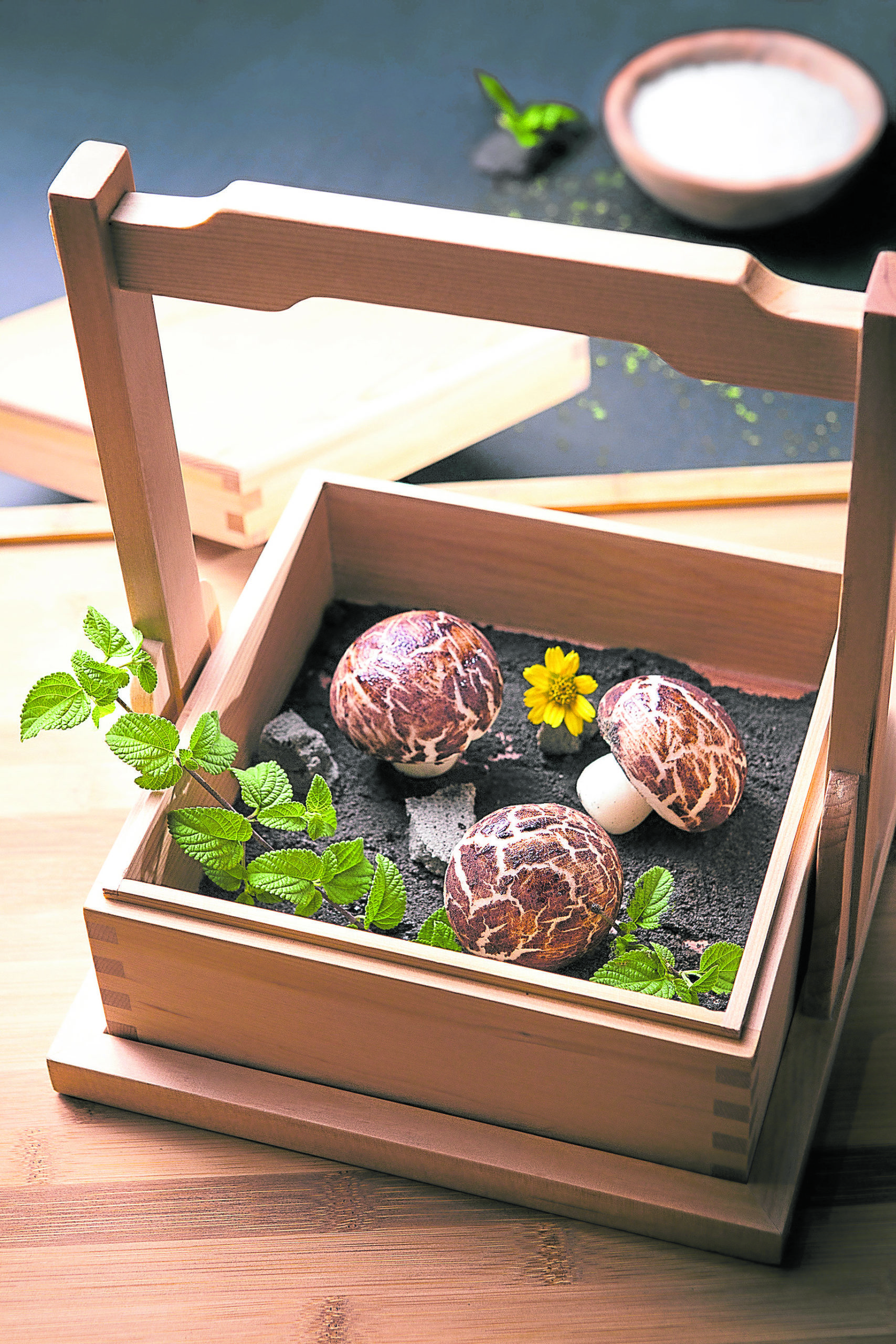PH firms pin survival hopes on e-commerce
Last Mother’s Day, media specialist Kimberly Jane Tan was alone in her Manila condominium, like many others in the capital who were unable to visit family because of the lockdown. Entrepreneur Sara Stefan Moreno was in a similar boat—missing her mom, especially on such an occasion.
But distance is a small thing when technology now makes it easy to stay connected, and send gifts, to loved ones. Tan was able to have a complete Mother’s Day lunch delivered to her family living just five kilometers away via an app-based transport service; in Moreno’s case, it was a cake, delivered to her mother and sister from Makati to Antipolo.
With physical distancing vital to containing the spread of the new coronavirus disease, enhancing one’s e-commerce system, which should include efficient delivery services, could be the key to a business’ survival.
Steve Sy, CEO of local e-commerce solutions company Great Deals, says that while 70 percent of their portfolio of online stores were closed because they were classified as “nonessential,” the remaining 30 percent tagged as “essential,” such as food and grocery items, saw an increase in sales by almost 250 percent right after the Holy Week celebration last month.
“We’re hitting [sales] campaign numbers, without having campaigns,” Sy tells the Inquirer. A similar trend was observed by Lazada in the first week of May. “With everyone staying indoors, we have seen that people are becoming more creative in showing their appreciation and celebrating special occasions like Mother’s Day. As such, we weren’t surprised to see an increase in orders for cooking and baking items, fitness and wellness products, as well as personal care and beauty items in the early days of May,” Lazada says.
Article continues after this advertisementShopee’s public relations head Erin Tagudin says this trend will likely continue in the near future, since more consumers are now aware of how e-commerce can ease their shopping experience.
Article continues after this advertisement“More and more Filipinos are turning to online platforms to purchase their daily essentials such as groceries, household
and personal care items. We foresee that this trend will continue and extend for nonessentials goods as Filipinos continue to practice social distancing,” Tagudin says. “Online shopping undoubtedly provides shoppers convenient access to their everyday needs, and we are committed to ensuring that we continue to meet the needs of our buyers and provide a safe shopping experience for all.”
The restaurant industry, of course, also benefits from having online ordering and delivery. The Bistro Group, expecting dine-in sales to grow only “gradually” because of necessary health precautions being taken by customers, is focusing on strengthening both takeaway and delivery services by creating special menus for such services. The group has also partnered with Grab for delivery.
The same goes for hotel-based restaurants. According to Patrick Chan, managing director of The Bellevue Manila, their servicing the community with takeout and delivery services will be continued, and like The Bistro Group, customized menus for anniversaries, birthdays and other occasions “that’ll go perfectly with intimate celebrations at home” are available.
But given that government guidelines are still constantly changing as the country continues to deal with the spread of COVID-19, the best way forward for the food industry—or any other business sector, for that matter—is to just adapt, while keeping people’s safety in mind, says The Manila Hotel president Joey Lina.
“As the proverb goes, we will be pliant like the bamboo. We will not go against the strong winds, but instead bend gracefully with it,” Lina says. “It goes on to say that when the wind gets tired of blowing, the bamboo remains standing in all its grace and beauty. We will adapt, and find ways to accommodate our guests with utmost assurance of their safety, and that of our own staff.”



